What the death of Dom Phillips and Bruno Pereria says about crime in Brazil
Even Brazilian President Jair Bolsonaro admits the signs point toward 'malice'

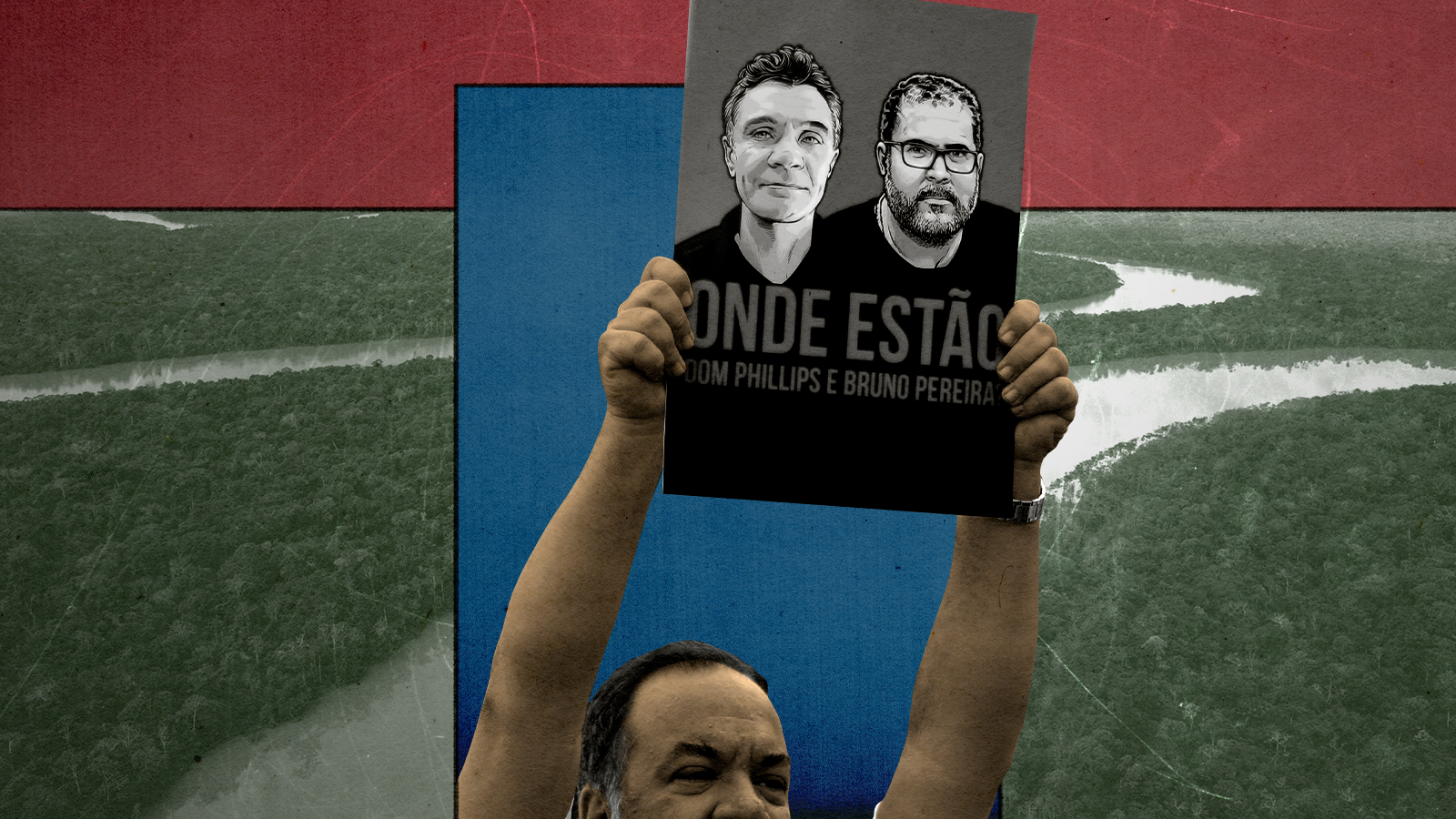
A free daily email with the biggest news stories of the day – and the best features from TheWeek.com
You are now subscribed
Your newsletter sign-up was successful
Brazilian authorities over the weekend identified human remains uncovered in the Amazon rainforest as those belonging to missing British journalist Dom Phillips and his guide Bruno Pereria, thus bringing an official and affirmative end to the pair's devastating disappearance. Here's everything you need to know:
When did Phillips and Pereria go missing?
The two men were first unaccounted for on June 5. Research for a book on conservation efforts in the Amazon rainforest brought Phillips, a Brazil-based correspondent with a passion for the Amazon region, to the remote Atalaia do Norte, the "gateway" to Brazil's Javari Valley — "a massive forest considered the world's largest repository of uncontacted people," wrote The Washington Post. To assist in his journey, Phillips was accompanied by Pereria, an Indigenous expert and former official for Brazil's Indigenous rights organization. Both men, noted BBC News, were "hugely experienced and planned their journeys thoroughly." Pereira was also well-known and connected within the Indigenous community, having taught native peoples how to defend themselves against illegal fishing and poaching, despite facing threats for his work.
On Monday, June 6, local Indigenous leaders flagged the pair's disappearance. One native group said the men had departed the week prior for the Lago do Jaburu region, having arrived at their destination Friday evening. Then, after two days in the field, they were believed to have begun their roughly three-hour return journey to Atalaia do Norte around 6 a.m. on Sunday, June 5. But a search party was subsequently sent out at around 2 p.m. that same day, after the men failed to arrive, The Guardian reported.
The Week
Escape your echo chamber. Get the facts behind the news, plus analysis from multiple perspectives.

Sign up for The Week's Free Newsletters
From our morning news briefing to a weekly Good News Newsletter, get the best of The Week delivered directly to your inbox.
From our morning news briefing to a weekly Good News Newsletter, get the best of The Week delivered directly to your inbox.
When were they found?
On Monday, June 13, an aide to a Brazilian diplomat alerted Phillips' family in the United Kingdom that two bodies expected to be identified as Phillips and Pereira were found tied to a tree in the rainforest. But federal police later disputed the aide's account, describing it as "without merit." "As was previously stated, biological materials and personal belongings of the missing men were found and are being examined," authorities said in a statement, alluding to the myriad of personal items they had uncovered the day prior. "As soon as any finds are made, the family and the media will be immediately informed."
Then, on Wednesday, June 15, a fisherman named Amarildo da Costa de Oliveria confessed to ambushing and killing both Phillips and Pereira, and brought investigators to "an isolated location where human remains were recovered," per the Post. Da Costa de Oliveria had been arrested a week earlier, and was said to have made threats against Pereira. Following an analysis, the police later confirmed the remains the suspect had identified were those of Phillips and Pereira.
At least three men are now in custody, including da Costa de Oliveira's brother, Osney, and Jefferson da Silva Lima, who turned himself in at a police station in Atalaia do Norte on Saturday. None of the men had been charged as of Saturday. Police also said Phillips had been shot in the chest, while Pereira was shot in the head and the abdomen. The pair was killed by a "firearm with typical hunting ammunition," read a police statement, per The New York Times.
On Sunday, authorities recovered the boat Phillips and Pereira were traveling in. At least eight men could now be linked to the killing, per investigators.
A free daily email with the biggest news stories of the day – and the best features from TheWeek.com
Were the men targeted?
At least Pereria had reportedly received death threats prior to his disappearance, journalist Elaine Brum wrote in the Times, due to his work defending Indigenous communities and lands at the expense of illegal fishing and poaching operations.
"Bruno was extremely responsible and experienced. He's like a brother to me. He wouldn't just get lost like that out there," Eliesio Marubo, attorney for the Javari Valley Indigenous Peoples Union, told the Post.
Witnesses also reported seeing the de Oliveira brothers following Phillips and Pereira in a boat shortly before the two went missing, the Times reports. And just a day before that, the brothers had apparently threatened and brandished a gun before a group of people — Phillips and Pereira included. That said, both a definitive motive and investigation into exactly what happened remain outstanding.
What has the overall response looked like?
In public statements on June 7, Brazilian President Jair Bolsonaro initially appeared to blame the men themselves for their disappearance. "Two people in a boat, in a completely wild region like this, is an adventure that isn't recommendable for one to do," Bolsonaro said, per the Post. "Anything could happen — an accident could happen, they could have been executed — anything." Notably, Bolsonaro is an open and proud supporter of development projects in the Amazon, the Post added. On June 13, however, the president told CBN radio that evidence in the investigation points to "malice."
Otherwise, the Brazilian government's handling of the incident was criticized on both the basis of its speed, as well as scope. "My frustration goes beyond just a slow search mission," Beto Marubo, a leader of the Marubo people, previously told the Post, before the men's remains were found and identified. "We need to know the motives and circumstances behind the disappearance of Dom and Bruno. These are armed gangs that are causing violence not only against Indigenous but also our partners." Meanwhile, rights groups and news organizations (Phillips contributed regularly to The Guardian, and had written for a number of other prominent outlets) were also pressing the Brazilian government to spearhead an expansive search in the remote rainforest region. Navy, army, and police search teams were ultimately deployed.
"I am here in anguish, hoping for help," Phillips' wife told the Post at the outset of his disappearance. "And the sluggishness of these agencies and their bureaucracy. Instead of moving with urgency to save lives, they are waiting for someone's signature, a game of pushing authority from one agency to another, while there are two lives out there."
Writing for the Times, Blum, who knew Phillips, described the government's response as "inadequate," and called the pair's disappearance "extremely concerning," especially when taken alongside Bolsonaro's "unwillingness to confront the catastrophic environmental damage underway in the Amazon."
Speaking of Bolsonaro, the Brazilian president again made headlines after the pair's remains were found, claiming Phillips "was disliked in the region" and "should have more than redoubled the precautions he was taking." The statement "prompted an outcry in Brazil and abroad," the Post writes.
How has the incident been interpreted?
The tragedy involving Pereira and Phillips is just the "logical consequence of three years of encouraging violence against Indigenous people and journalists," journalist Lucy Jordan previously wrote for The Guardian.
"What message does it send when people such as Phillips and Pereira vanish, only to be met with a pitiful official response?" she continued. "There is no risk assessment in the world that can mitigate against three years of dangerous propaganda coming from the very top of government."
Phillips' alleged murder also "shines a grim spotlight on the lesser-known but equally chilling hazards of environmental reporting," one of the most "perilous beats in journalism," Eric Freedman, director of the Knight Center for Environmental Journalism at Michigan State University, mused for NBC News.
Meanwhile, both men were on to the "story" of crime in the Amazon region, contributing columnist Mac Margolis added for the Post. "There is much more to tell."
Update 1:30 p.m. ET June 21, 2022: This story has been updated throughout to reflect the identification of Phillips' and Pereria's remains, and other new information on their deaths.
Brigid Kennedy worked at The Week from 2021 to 2023 as a staff writer, junior editor and then story editor, with an interest in U.S. politics, the economy and the music industry.
-
 How to Get to Heaven from Belfast: a ‘highly entertaining ride’
How to Get to Heaven from Belfast: a ‘highly entertaining ride’The Week Recommends Mystery-comedy from the creator of Derry Girls should be ‘your new binge-watch’
-
 The 8 best TV shows of the 1960s
The 8 best TV shows of the 1960sThe standout shows of this decade take viewers from outer space to the Wild West
-
 Microdramas are booming
Microdramas are boomingUnder the radar Scroll to watch a whole movie
-
 Would rescheduling cannabis be good news for the industry?
Would rescheduling cannabis be good news for the industry?Speed Read Following President Joe Biden's request, the HHS recommended that cannabis be moved to a less lethal category, and some experts are weary of the move
-
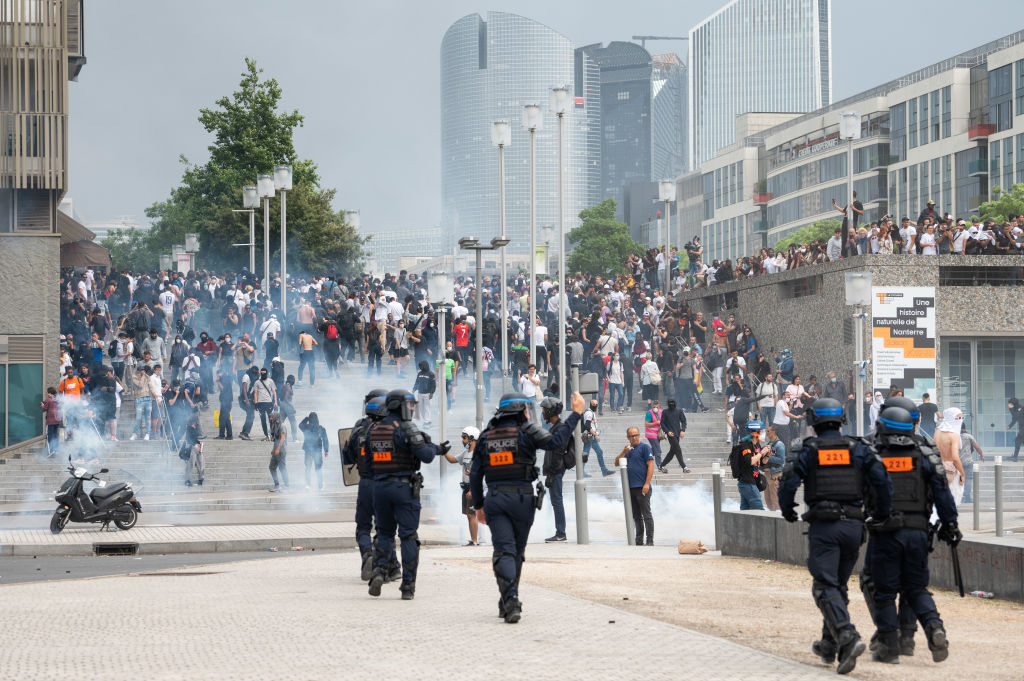 Why the French are taking to the streets
Why the French are taking to the streetsThe Explainer France is protesting after the police-involved death of a teenager
-
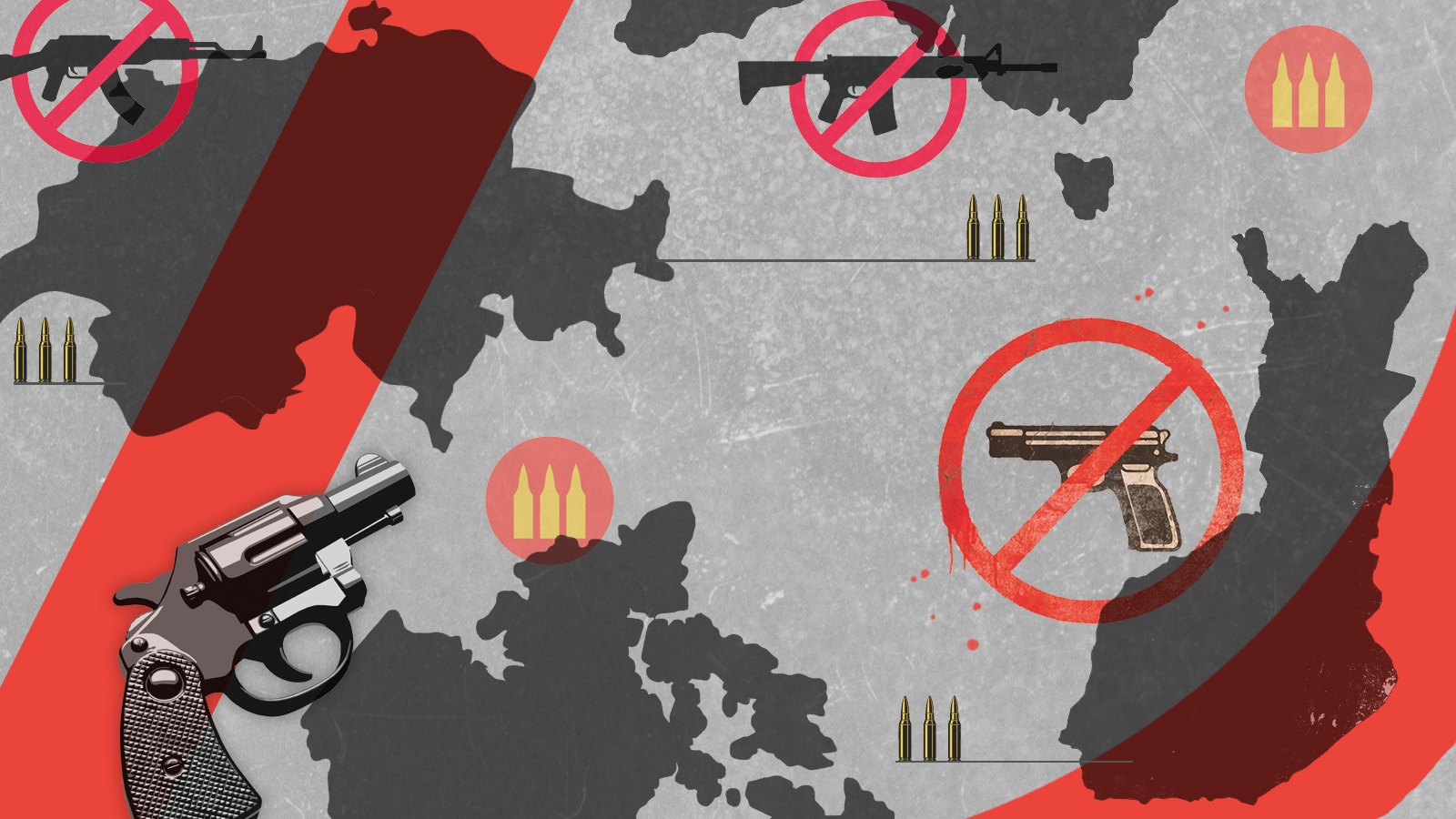 Why are mass shootings rare in other countries despite high levels of gun ownership?
Why are mass shootings rare in other countries despite high levels of gun ownership?In Depth Firearm laws are very different in Finland, Switzerland, and Australia
-
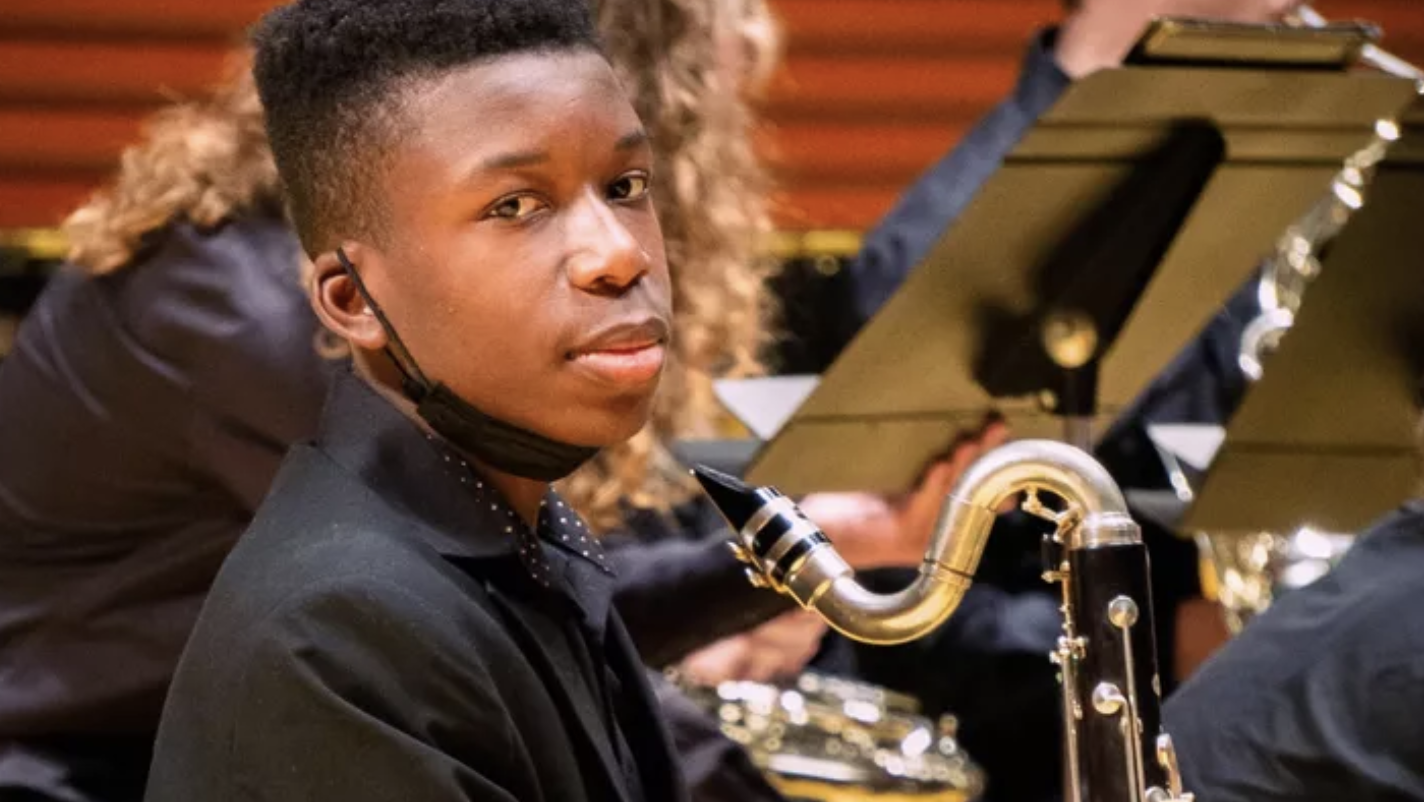 Ralph Yarl shooting: When ringing the wrong doorbell turns violent
Ralph Yarl shooting: When ringing the wrong doorbell turns violentSpeed Read An unarmed 16-year-old Black teenager knocked on the wrong door and nearly lost his life
-
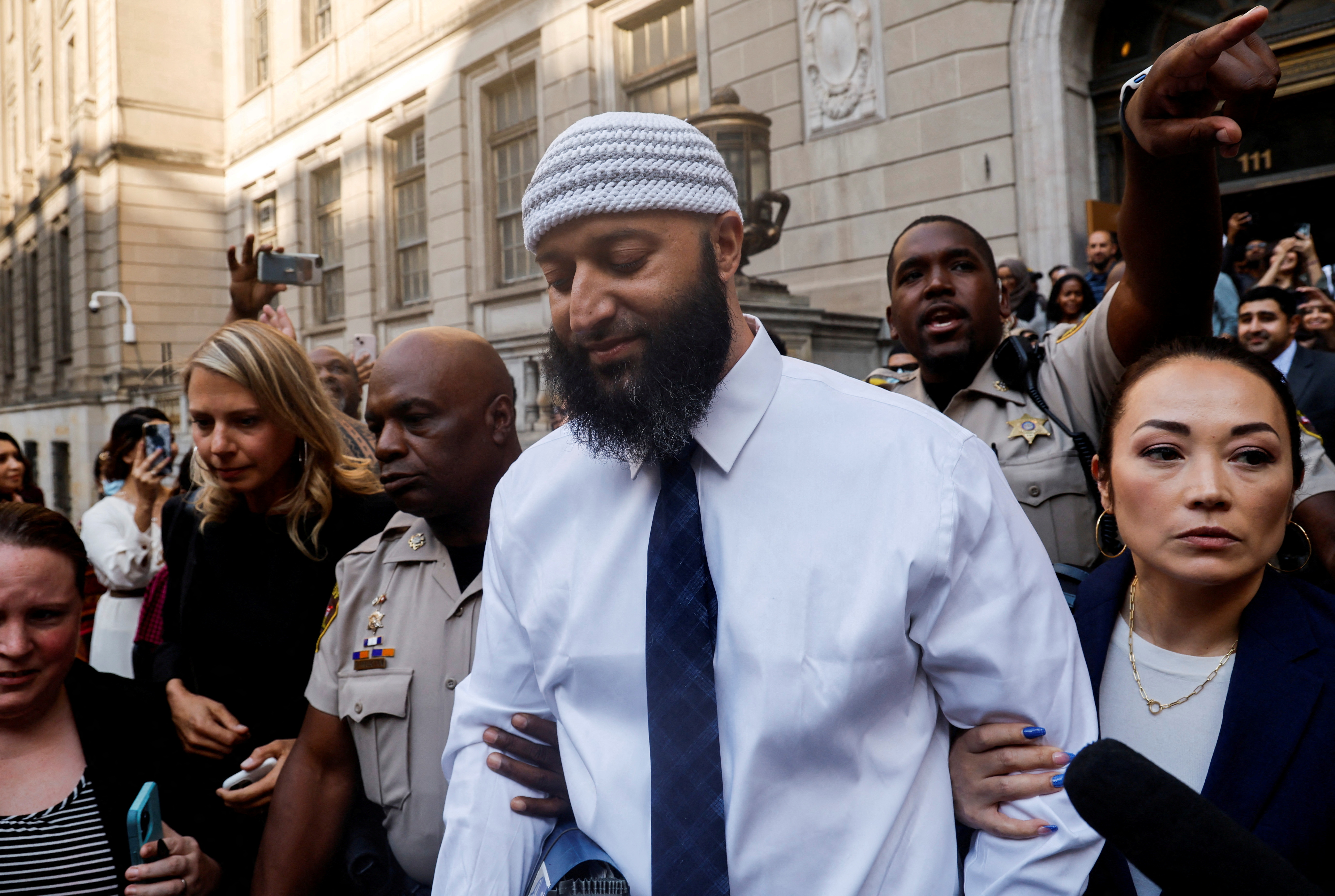 The Adnan Syed case, explained
The Adnan Syed case, explainedSpeed Read From the reinstated conviction to the original charges
-
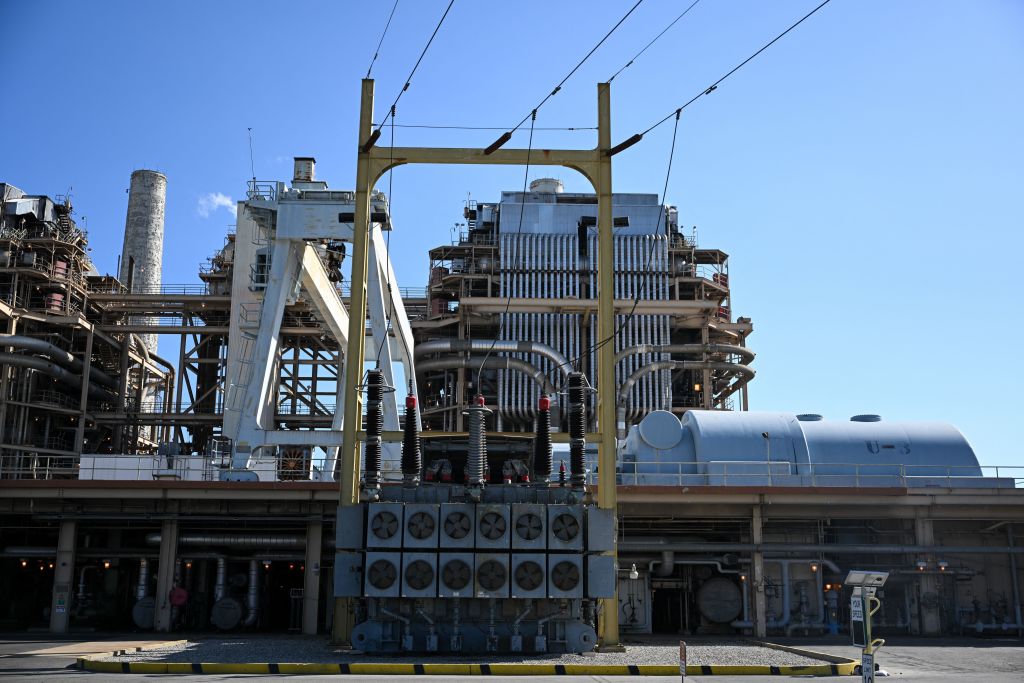 Attacking the grid
Attacking the gridSpeed Read Domestic terrorism targeting the U.S. electric grid is exposing dangerous vulnerabilities
-
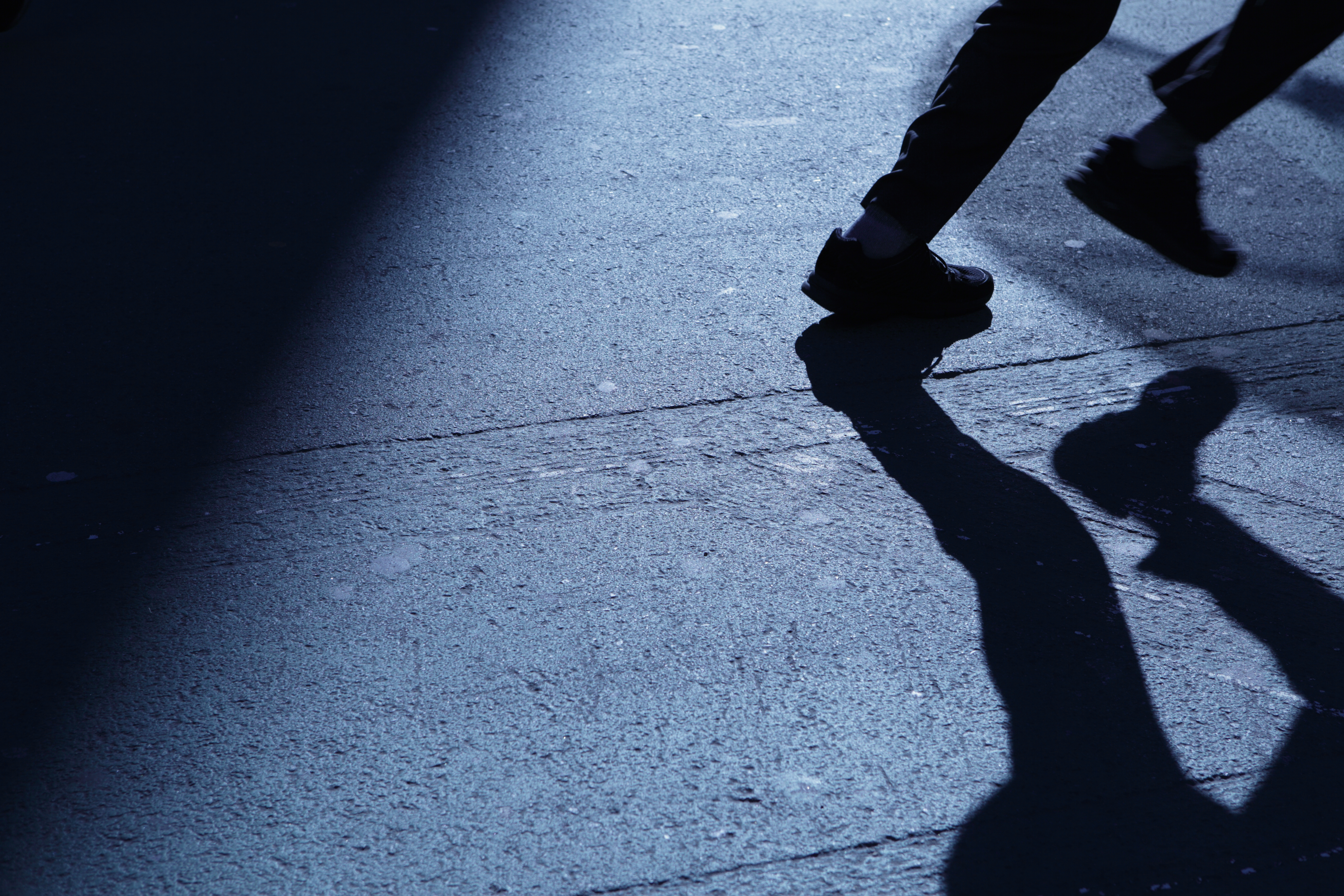 The controversial 'Run, Hide, Fight' response in active shootings
The controversial 'Run, Hide, Fight' response in active shootingsSpeed Read Why has this method come under scrutiny for its use in mass casualty events?
-
 Why did Hong Kong criminalize CBD?
Why did Hong Kong criminalize CBD?Speed Read Hong Kong had a quickly-growing CBD industry. Why did officials suddenly change course?
